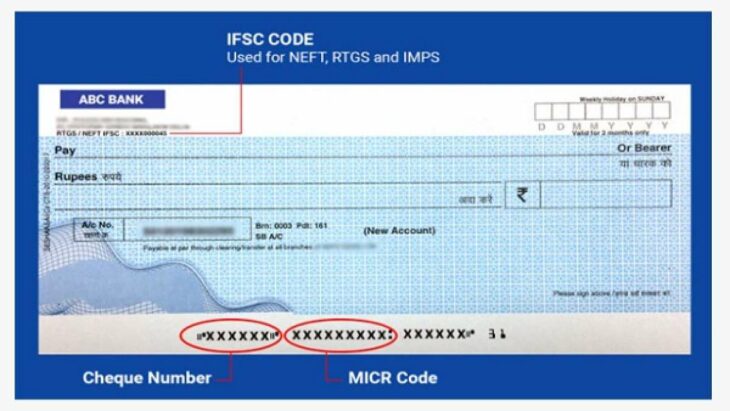An equity mutual fund is a kind of mutual fund category focused on equity markets. To understand this better, you must first understand what a mutual fund is. A mutual fund is a professionally managed fund that pools investments from multiple retail investors to invest them in distinct asset classes based on their risk tolerance level.
In equity mutual funds, the majority of exposure is in equity markets. As an outcome, they are even known as growth funds. The major goal of equity mutual funds is capital appreciation and wealth creation. Equity mutual funds manage risk by simply diversifying their investment portfolio into a relatively huge number of stocks, permitting them to endow better returns as compared to traditional saving products like fixed deposits or post office deposits.
What are the distinct types of equity mutual funds?
Equity funds are categorised into distinct types. These include –
Depending on investment type –
Active fund
Here, the fund manager looks for excellent stocks for investment. For this, they ensure to analyse, research the distinct companies’ stocks, and assess their performance.
Passive fund
In this fund type, the fund manager forms an investment portfolio mirroring NIFTY 50 and Sensex.
Depending on the investment strategy –
Sectoral and thematic fund
Such funds invest in specific sectors like banking, IT, pharmaceutical, etc. or may restrict to theme linked investing like investing in rising market conditions, international market investment and others.
Focused fund
Such funds make investments in a focused number of stocks instead of holding a huge or varied blend of positions.
Contra fund
Such funds consider taking a contrarian approach and concentrate investment on stocks that are presently undervalued with the belief they will perform well over the long term.
Depending on market capitalisation –
Large-cap funds
Such funds invest most of the capital in companies categorised as large cap i.e., the top 100 companies. The volatility of such funds is minimal as compared to small-cap or mid-cap funds.
Mid-cap funds
Such funds put investors’ money in mid-cap companies i.e., those companies ranking between 101 and 250 depending on market capitalisation. While mid-cap mutual funds reap higher returns as compared to large-cap mutual funds, they tend to have even higher volatility.
Small-cap funds
Such funds invest bulk amounts in companies with a market capitalisation of below Rs 5,000 crore i.e., those companies ranked over 250.
Multi-cap funds
Such funds allocate 75 per cent of the investments in equities with at least 25 per cent in large, mid, and small-cap capitalisation according to SEBI (Securities & Exchange Board of India) mandate.
Depending on tax treatment –
ELSS (equity-linked savings scheme)
In such funds, at least 80 per cent of investments are conducted in equity instruments. The major benefit of this investment is that it offers tax deduction as per Section 80 C of up to Rs 1.50 lakh.
Conclusion
To place this simply, mutual fund houses invest the investible in equity funds after thorough research. However, it is crucial for you to know the inner functionality of equity mutual funds. This involves knowing the types and objectives of an equity mutual fund and mapping it as per your risk appetite, financial goals and investment time frame.

















You must be logged in to post a comment.